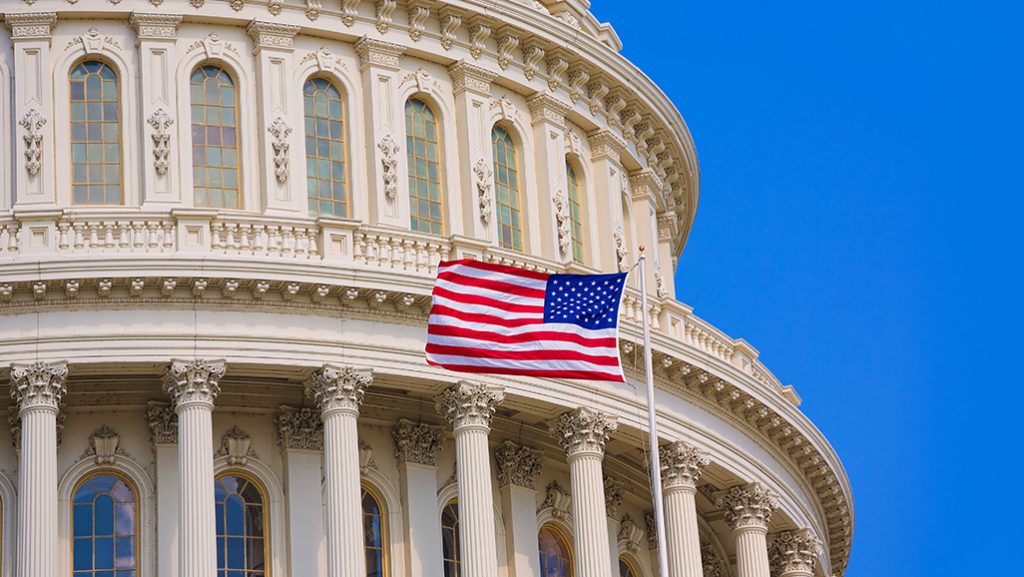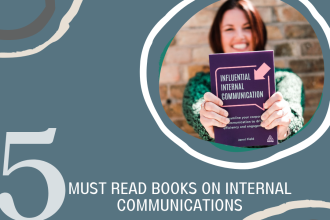
Thursday April 17, 2014
What is Soft power and Country Branding
Soft power is a concept that confuses many people; it certainly confused me when I first heard about it. I have since learnt more about soft power and its growing prevalence in international relations. Globalisation has changed the way different countries interact with each other in the modern world and soft power is an intriguing aspect of this.
Soft Culture Defined
Soft power was a term developed by Harvard political scientist Robert Nye in the late 1980s, it describes the ability of states and other entities to influence others through the means of attraction and co-option. Hard power, in contrast, is when influence and power is gained through the use of coercion – through the use of force or finance.
A simple analogy is that soft power is the kid who gets his fellow pupils to come to their party through being liked and respected by everyone or because they have a reputation of being a cool, fun person to be around. Hard power is the kid who threatens to beat anyone up who doesn’t come to their party or promises to hand out party bags with expensive gifts in them.
How Is Soft Culture Used?
According to Robert Nye, soft power is executed through the use of three resources:
1. Culture – Having a rich culture that is attractive to others can increase a country’s soft power. This can range from the popular culture (think One Direction) of a country gaining significant global affection, which in turn boosts the country’s global popularity to holding a successful international sporting or cultural event (like the Olympics) which has a similar effect. For example, events like the Maslenitsa Festival and Read Russia at the London Book Fair are great ways of bolstering cultural diplomacy between Russia and the UK.
2. Political values – Whether a country lives up to these values at home and abroad can affect ideas about a country. A good example of this kind of soft power is the United States during the 20th century. The US gained a significant amount of soft power during this period due to the popular ideals of democracy and individual liberty which are enshrined in their constitution and their portrayal as a welcoming home to immigrants from all over the globe. Conversely, the view that the US was not living up to these ideals in the early 21st century, (such as in Guantanamo Bay) contributed to their loss of soft power during this period.
3. Foreign policy – How this is perceived by other nations can have an impact on the soft power of a country. US foreign policy under the administration of George W. Bush, which led to an invasion of Iraq in 2003 without a UN mandate, caused America to lose a significant amount of international popularity both in West Europe and throughout the Islamic World. Whilst the country’s hard Power was unharmed, it lost a significant amount of soft power.
What does soft power have to do with PR?
Part of the reason why the concept of soft power is so interesting to me is because of the ways in which the worlds of global politics and PR intersect through the use of soft power. A huge part of the way a country can gain influence lies in how they present themselves on the global stage. To me this is nothing but PR, simply on a bigger scale.
The PR used for the purposes of soft power varies from country to country. In the UK, the Royal Family is a key source of cultural power and the diplomatic trips they undertake, combined with their enduring international popularity, have been crucial to maintaining the UK’s position as an attractive nation in the diplomatic sense. The UK has gradually increased its soft power by positioning itself as an economic and diplomatic nation within the EU. Even the United States has recently begun to see the benefits of soft power PR by using the international appeal of Barack Obama as a means of global popularity.
Soft power and PR, when done well, are both means of tailoring the public image of a person of place to ensure a positive reaction. In consideration of this, it is clear that the two are closely related. One, Public Relations, is the seed and the other, soft power, is the tree. Soft power relies on the skills of PR to build sturdy lasting relations that create a powerful effect on others.
Curzon PR is a London-based PR firm working with clients globally. If you have any questions, please feel free to contact our Business Development Team bd@curzonpr.com




Follow us